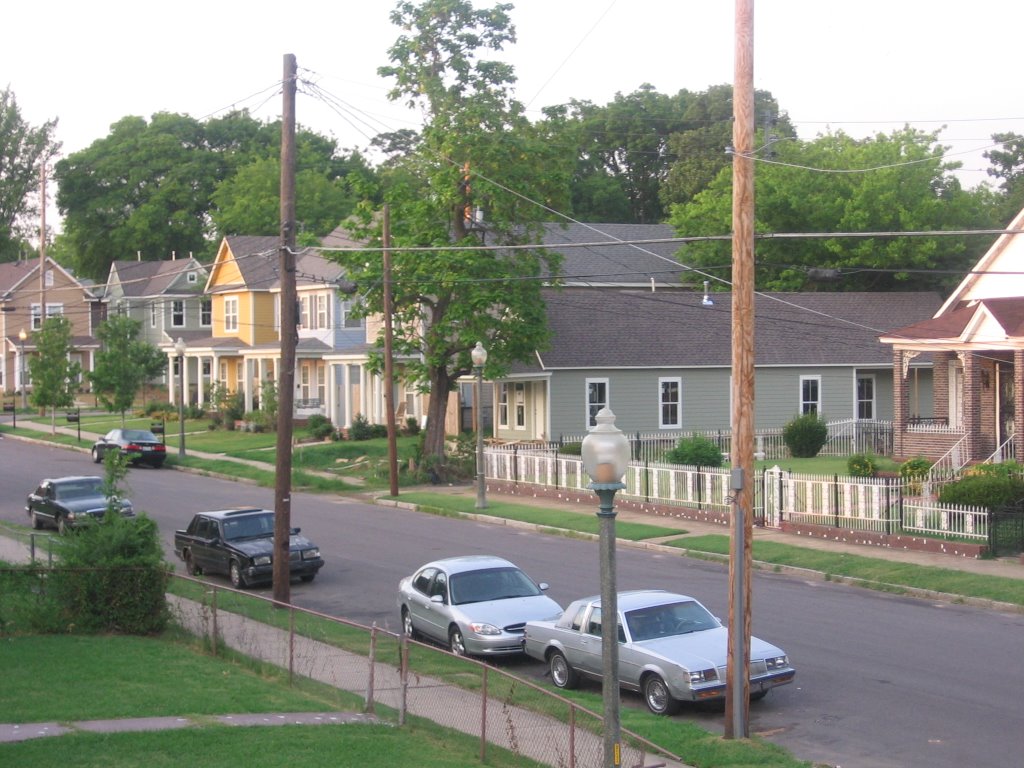Antidote for Eminent Ptomaine?
 Back in May the CA ran an article (cached copy) about former City Councilman Fred Davis facing eminent domain proceedings. He owned a parcel of land in the area now known as Uptown, and the Memphis Housing Authority was about to start condemnation.
Back in May the CA ran an article (cached copy) about former City Councilman Fred Davis facing eminent domain proceedings. He owned a parcel of land in the area now known as Uptown, and the Memphis Housing Authority was about to start condemnation.Although Tennessee had passed eminent domain reform after the infamous Kelo case, the reform still ratified as "public use"
(3) The acquisition of property by a housing authority or community development agency to implement an urban renewal or redevelopment plan in a blighted area as authorized by Title 13, Chapter 20, Part 2 or Title 13, Chapter 21, Part 2;even if the takings were for private benefit (from Tennessee Code, Title 29, Chapter 17, Part 1)
Uptown is such an urban renewal plan.
But there's also a part of the Tennessee code (Title 13, Chapter 20, Part 1) that states:
A housing authority created under this chapter shall not have the power to take by eminent domain private property in an urban renewal area for the purpose of resale, if the owner of same desires to develop such owner's own property and if the designated reuse of the property in the urban renewal plan is such that the owner's parcel can be redeveloped by itself without affecting the objectives of the urban renewal plan as to the owner's parcel or adjoining or adjacent properties thereto, and the owner signs an agreement with the housing authority to abide by the urban renewal plan, in any development thereof. Acts 1972, ch. 711, § 1; T.C.A., § 13-833.]
It sounds to me (see Note A below) that if Mr. Davis were willing to develop his property to meet the objectives of the Uptown project, he could avoid condemnation.
Could this be an owner-and-city-friendly way to redevelop? A means to transform speculative, fallow holdings into productive land without seizing private property? Landowners formerly known as speculators could benefit from the value added by a redevelopment project as long as they were willing to join in the project. The City could provide homeowners and small businesspeople access to capital for improvements on their properties.
The optimistic possibilities assume that redevelopment for the public weal is the objective, and that we don't equate profit maximization for specific private interests with the public weal.
Has anyone ever used this part of the code to avoid condemnation in Uptown? And what is the status of Mr. Davis' case?
Note A: IANAL.
Note B: Bob's post inspired my title.
Labels: delayed reaction, eminent domain, Memphis, real estate, redevelopment





0 Comments:
Post a Comment
<< Home